Eurogamer And Kotaku Reviews Accuse ‘Final Fantasy XVI’ Of Lacking Diversity, Complain About Its “Overwhelming Whiteness”
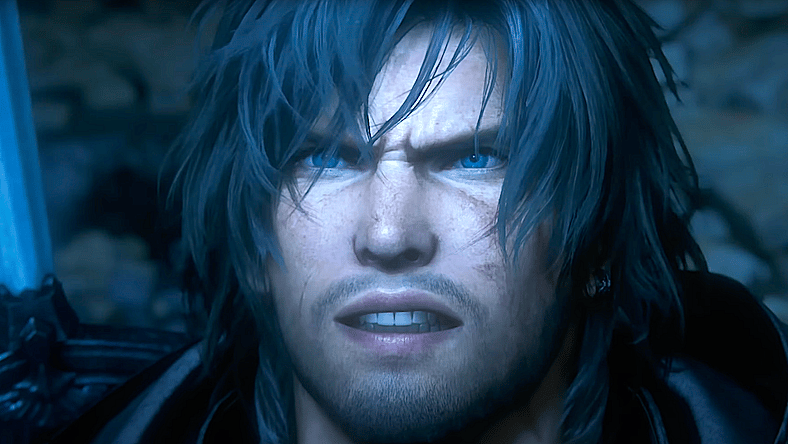
While Final Fantasy XVI has overall been positively received by critics, outlets like Eurogamer and Kotaku have slammed the latest entry in Square Enix’s popular RPG franchise, complaining about its “lack of diversity” and “overwhelming whiteness.”
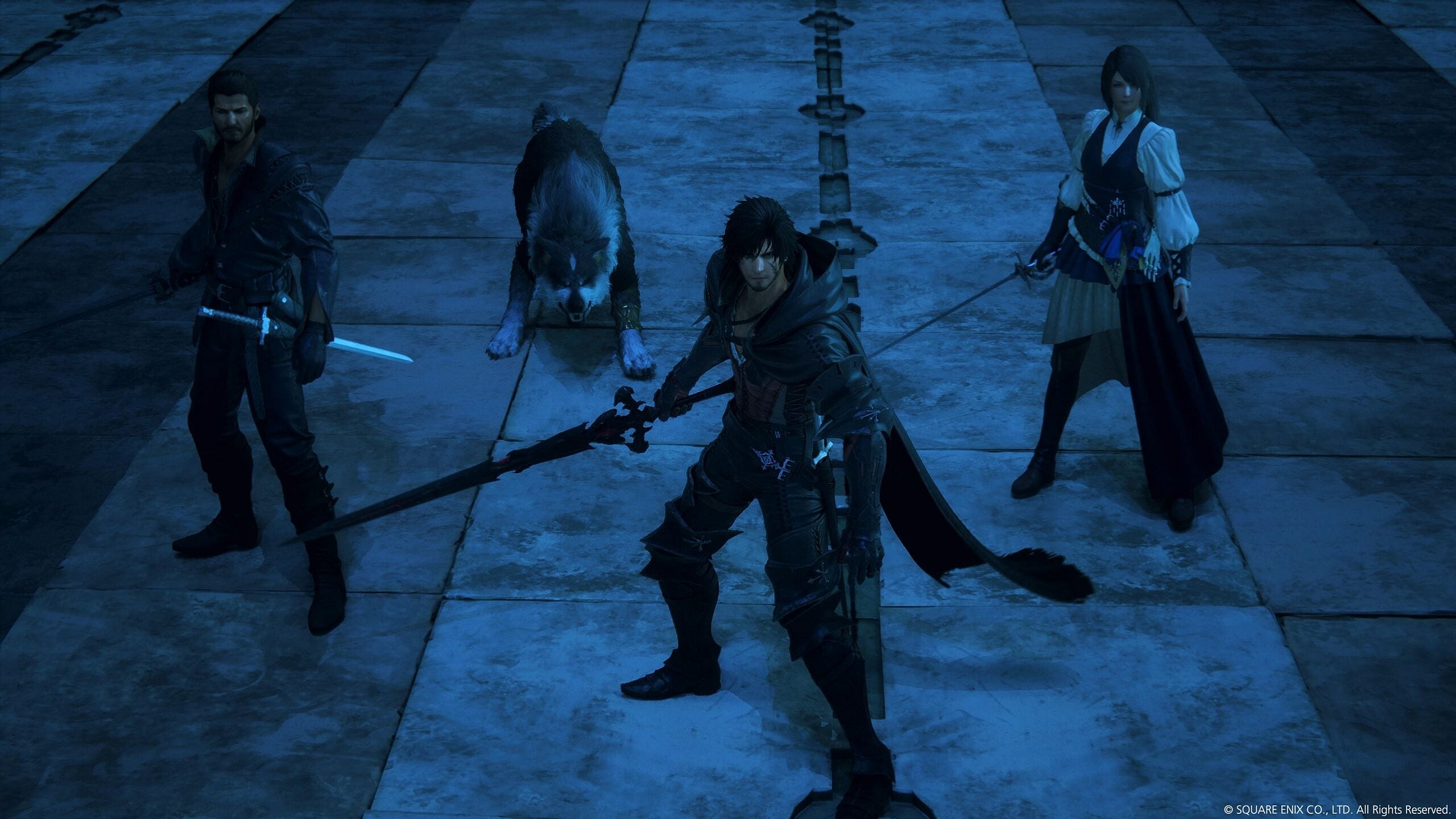
In a November interview with IGN, Final Fantasy XVI producer Naoki Yoshida stated the game’s world is a “geographical, technological, and geopolitical constraints” of medieval Europe and prioritized the game’s characters be more diverse in “natures, backgrounds, beliefs, personalities, and motivations” over their outward appearance.
Eurogamer‘s Final Fantasy XVI review condemned the game for not including black and brown people in the medieval European based game since several locations “take open inspiration from North Africa and the Middle East.”
“Leaving aside the fact that there were Black and brown people in medieval Europe, this justification rings hollow given that several locations take open inspiration from North Africa and the Middle East, with towns that, for example, riff on Islamic architectural traditions and attire, but are predominantly or exclusively populated by anglophone white people (I hedge, here, simply because I haven’t been around and talked to everybody),” the review noted.

Eurogamer concluded the review with a tangent on Square Enix’s deletion of people of color in Final Fantasy claiming it’s “more sinister the racial stereotypes” depicted in previous entries — especially in Final Fantasy XVI which discusses “overcoming structural injustice and bringing people together.”
“I find the deletion of people of color from these spaces more sinister than the racial stereotypes of older Final Fantasies, particularly in a game that wants to talk about overcoming structural injustice and bringing people together. That ‘togetherness’ is worth fighting for, but it’s characterized here by what it excludes.”
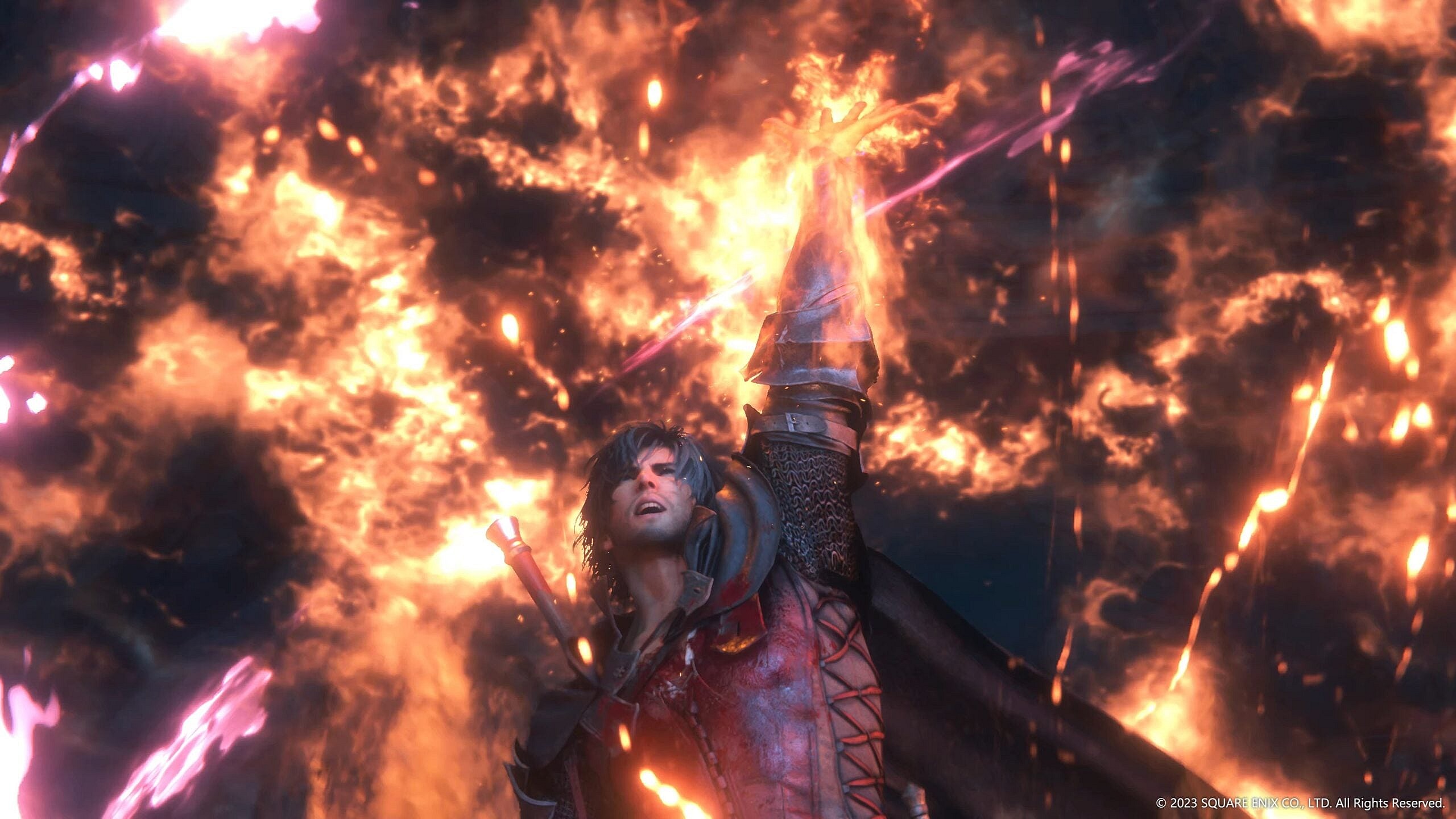
RELATED: ‘Final Fantasy XVI’ Endgame Includes New Game+, Higher Difficulty Modes, And Chronolith Trials
Similar to Euro Gamer, Kotaku‘s Final Fantasy VXI review slammed the game for it’s lack of diversity, twisting Yoshida’s statement regarding the game’s concept primarily focusing on the “historical, cultural, political, and anthropological standards of Medieval Europe,” and claiming that the producer actually meant “different variations on familiar-looking white medieval patriarchies.”
“If there’s a fault to be had, it’s in Valisthea’s lack of diversity.” In their review, Kotaku noted, “Producer Naoki Yoshida told IGN in November 2022 that the design concept always focused on the ‘historical, cultural, political, and anthropological standards of medieval Europe.”
It further added, “In other words, these cultures are mostly different variations on familiar-looking white medieval patriarchies like Transylvania or England and represent only a small corner of this world.”

“The game’s Dhalmekian Republic, admittedly, is coded as Middle-Eastern,” the outlet claimed, further noting,”Yet the Dhalmekian Dominant of Titan, Hugo Kupka, appears Caucasian.”
Kotaku further decried, “The core cast therefore becomes overwhelmingly homogenous. A more meaningful approach to diversity does not seem too outlandish in a world where a little blonde boy can transform into a giant bird made of fire.”
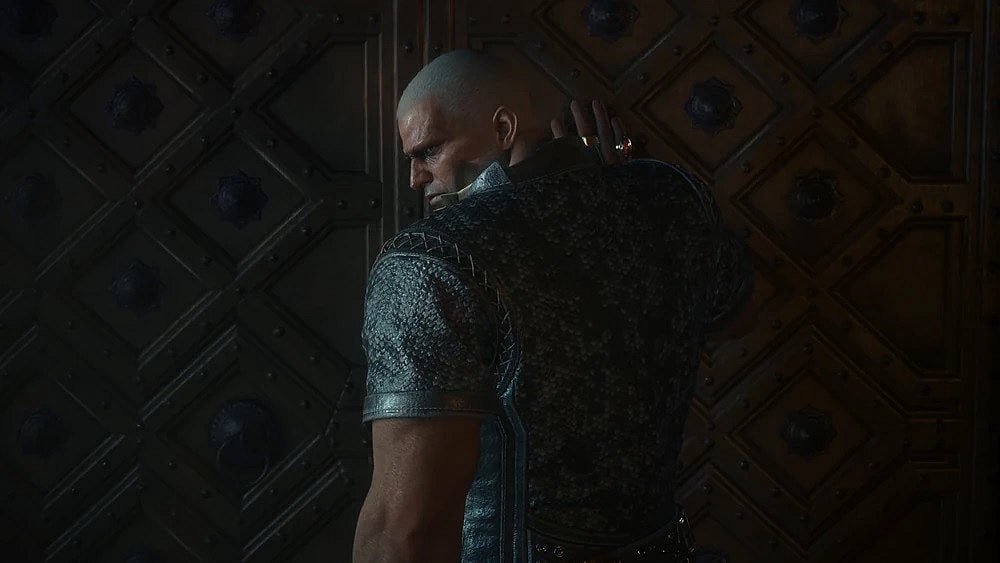
Kotaku’s review also discussed how the Bearers’ plight in Final Fantasy XVI served as a “commentary on real world systems” but the “overwhelming whiteness” in the game makes it disconnected from “real-world concerns.”
“Bearers are people unlucky enough to have been randomly born with magic, and because just about everyone in this game’s world is white, most Bearers are, too,” they noted.
“The way the Bearers serve as a kind of commentary on real-world systems of oppression is obvious. But at the same time, the overwhelming whiteness of the game’s world does make it feel somewhat detached from any such real-world concerns,” Kotaku accused.
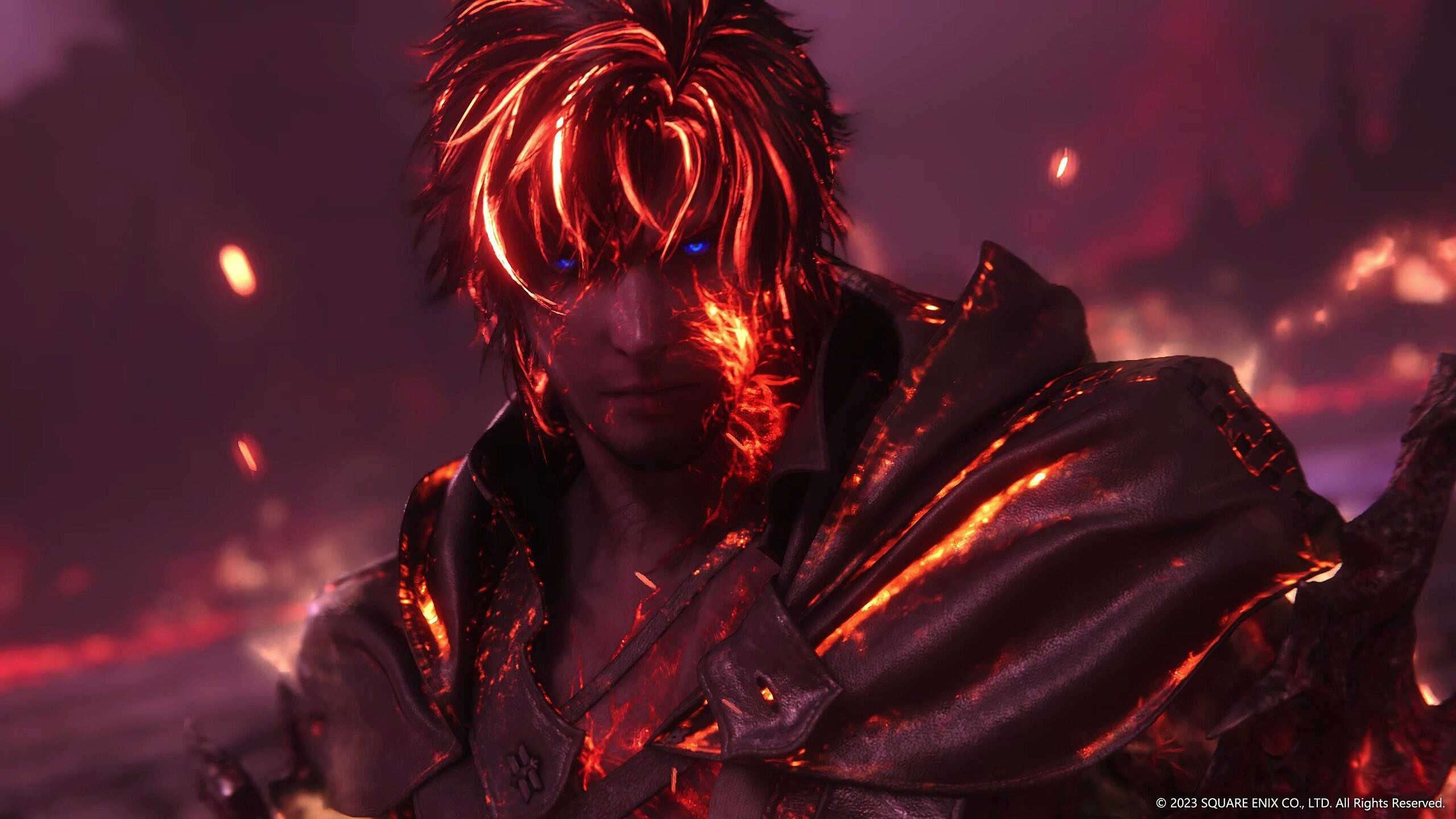
NEXT: Rumor: Insider Claims Square Enix Is Panicking Over Poor ‘Final Fantasy XVI’ Pre-Sales
